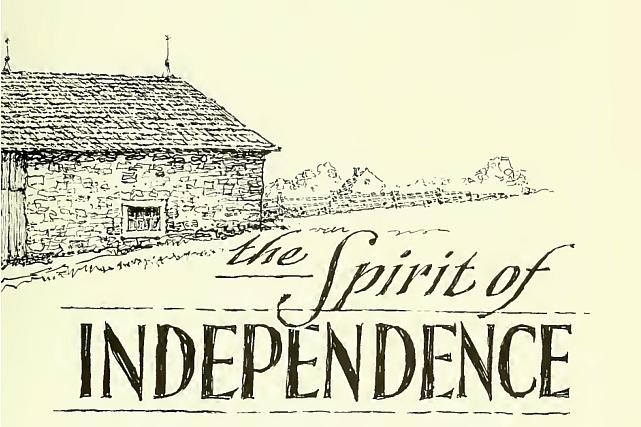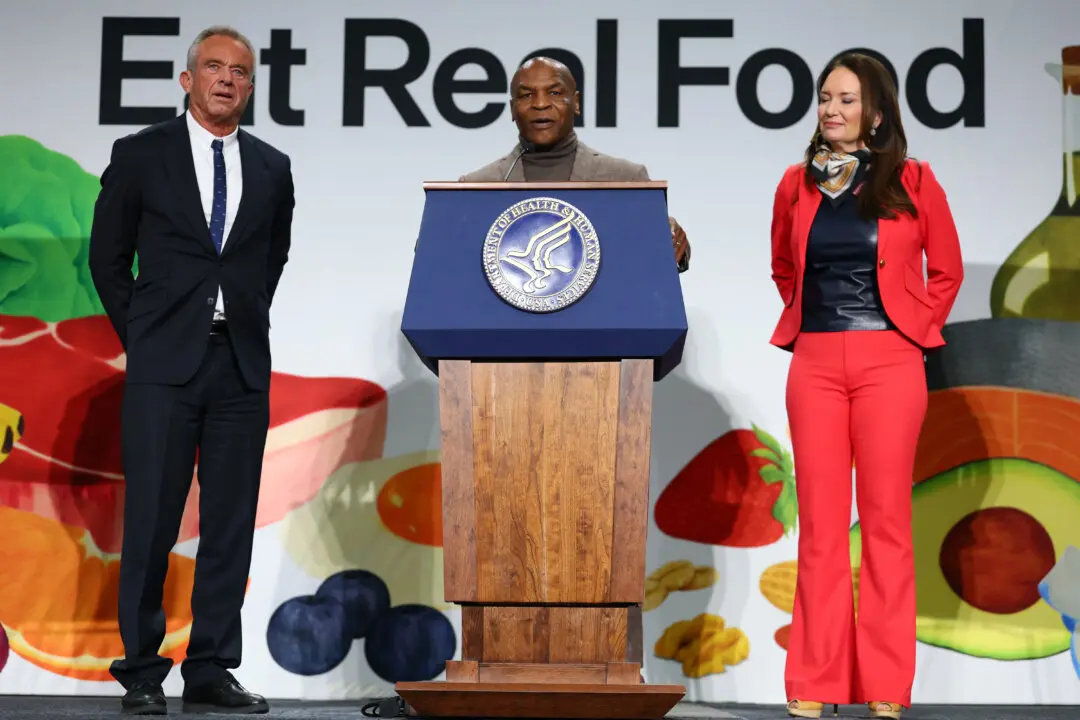This is part nine of a 10-part series of reflections on Eric Sloane’s book on the bicentennial, “The Spirits of ’76.” Each chapter covers a different spirit of America.
The word “independence” is everywhere in American life, even to the point of overuse. When a word becomes too common, it loses its meaning. That is certainly the case with this one.





